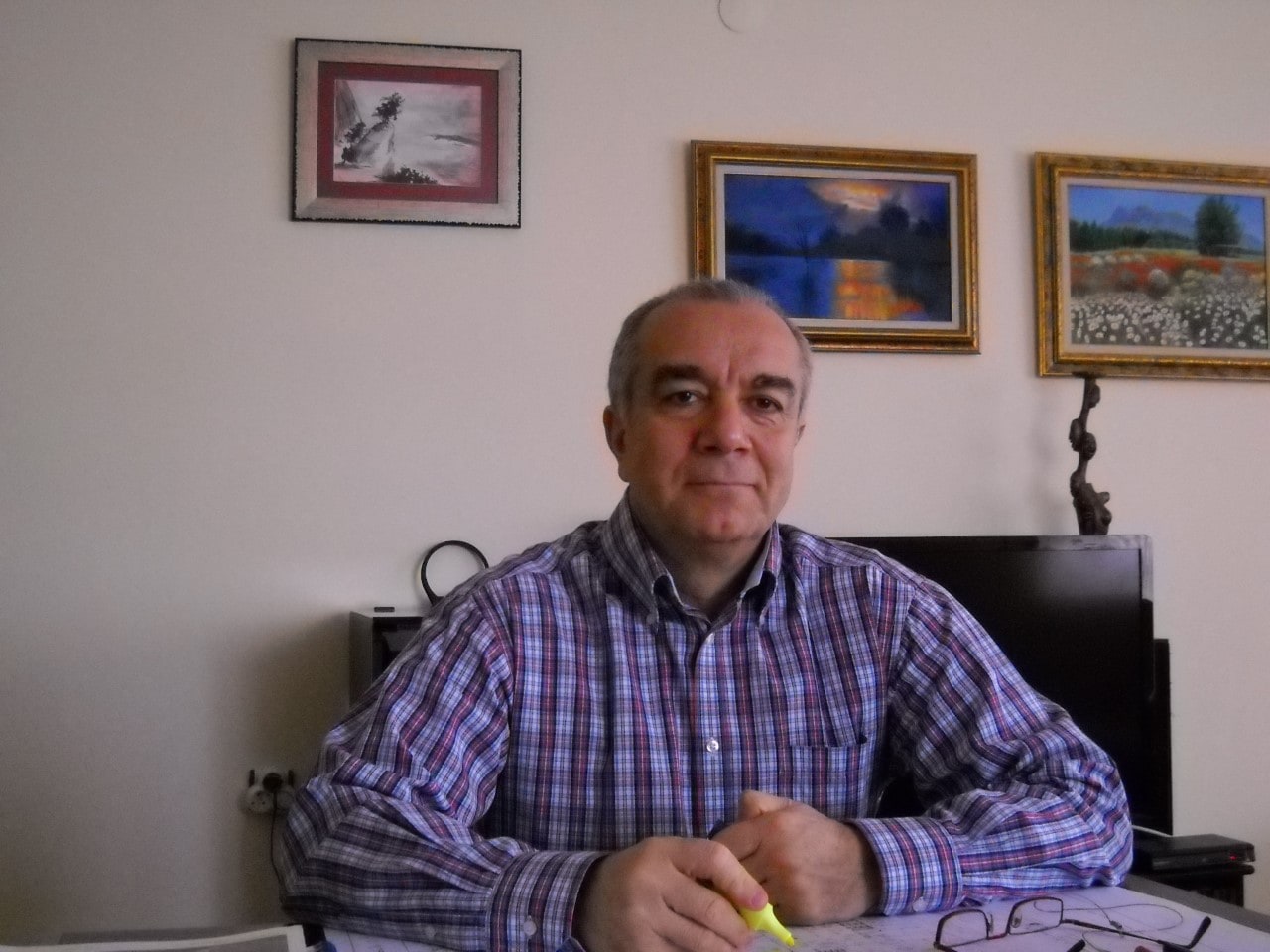
Hospitality as a concept is often misunderstood from an investment perspective. Investors concentrate on buildings and tangible services rather than creating a customer experience.
And due to continuous crises, from the Gulf War in 1991 and the Iraq invasion in 2003, to military intervention in Libya and the Syrian war in 2011, the hospitality market in Turkey has suffered for a long time. During these periods, the industry has seen a decline in guests, profits and revenue, amid new infrastructure and construction initiatives.
With the arrival of Covid-19, the situation is looking worse, as there is a so much ambiguity in the market. While prices are lower, hotels are unable to continue operating due to lack of guests. Some hoteliers are claiming to have sold their rooms, but there is no evidence as to what percentage. Operators are being bankrupted and there is no money in the budget for recovery. Paychecks and advance payments will be a headache. The buildings themselves are in need of refurbishment, but there are no funds available.
And this is just the tip of the iceberg.
Then new normal
When we return to normal, there will need to be dramatic changes:
- Clean initiative – We need to focus on clean air, water, food and energy, with noise and radiation reduction. Due to the associated health and safety implications, this is closely related with the handling of Covid-19. There are many things that need to be done within our profession, so we need to agree on a clean initiative in our divisions.
- New tech – There are many options to grow and produce food more efficiently and safely on our farms. By implementing the appropriate technology, we will be able to source more local and nutritious products using environmentally-friendly agriculture.
- Engineering savvy – Innovative solutions are available for water, heating, ventilation, and air conditioning (HVAC), cooling, cooking and manufacturing areas. Understanding how best to incorporate these in situ is key, as the most appropriate solutions may look completely different in design and practice.
- Minimalist architecture – More environmentally friendly designs with a natural feel will replace the existing exaggerated styles.
- New MICE – With less frequent travel for meetings, incentives, conferences and exhibitions (MICE), there will be an increase in the use of virtual reality. These solutions will be directed more towards leisure in the first instance, but 3D meetings and 7D experiences (combining functionality including 3D video, motion seats and special effects) for businesses will be used differently and more widely than they are today.
- Zero waste – This concept will change marketing behaviours and more recyclable and edible solutions will replace today’s paper, glass and derivate products.
- Monetary systems – We expect to move towards a cashless system as paper and bitcoin currencies become outdated. This will be largely in response to consumer demand.
- Hospital food – There will be increased safety measures around food production, with better procedures for preparation and cooking, and additional solutions for distribution and waste management.
- Shopping malls – Often too big and too close together, with increasingly expensive unit costs, these may be converted into schools or exhibition centres. Food courts will predominantly be outside, with simple menus serving local food.
- Hospital buildings – Equally, hospitals constructed via public-private partnerships are too big and expensive to operate. These could be converted into special treatment branches with optional health-tourism features. Less conventional healing methods will be used, such as homeopathy and traditional methods using aroma, sound and water treatment.
It is our duty to do everything we can to introduce best practice, using our knowledge and technical expertise to implement what is available now in a more sophisticated manner.
There are many ideas on how to go about this, but the most important thing to concentrate on is putting people at the core of everything post Covid-19. I remember during an interview at the 2017 FCSI Europe, Africa, Middle East (EAME) Conference in Vienna, I said: “A virus or bacteria is so small, yet still able to kill. On the other hand, to take the necessary precautions to eradicate them is easy and simple if you consider it seriously in the early stages of your project design.”
Covid-19 is teaching us to reconsider this and share our ideas and knowledge on how to get rid of such harmful things at their source – using our energy, money and wisdom to keep everyone safe.
Serdar Sağlamtunç FCSI is the owner and CEO of DM Consulting Engineering
